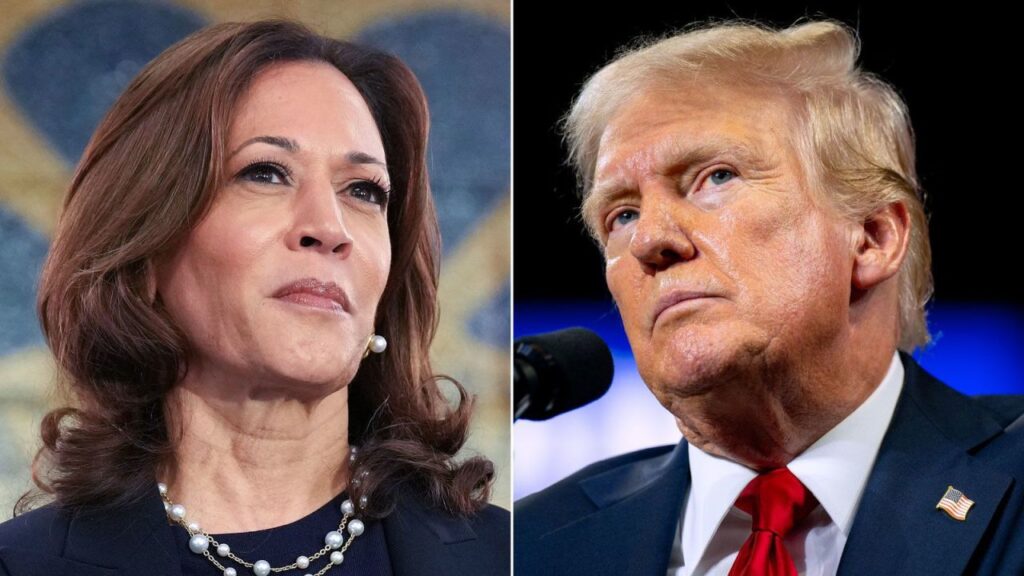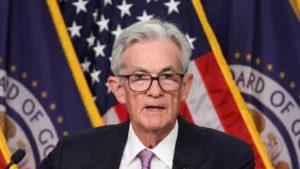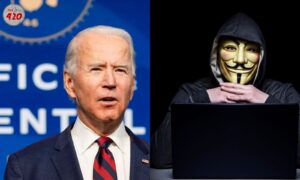
The ongoing port worker strikes across the U.S. have intensified, creating significant disruptions in supply chains, which are already strained by global economic challenges. As negotiations between labor unions and port authorities stall, both Vice President Kamala Harris and former President Donald Trump find themselves under mounting pressure to address the crisis. With rising prices, delayed imports, and a potential holiday season crisis looming, the stakes couldn’t be higher.
Supply Chain Crisis Worsens
The strike, led by unions representing dockworkers in major U.S. ports like Los Angeles, Long Beach, and Seattle, has severely impacted the flow of goods into the country. From electronics and automobiles to basic consumer goods, a wide range of imports has been delayed, causing frustration among businesses and consumers alike. The ripple effect of these disruptions has further exacerbated inflation, with essential goods becoming scarcer and prices climbing higher.
As America approaches the holiday season, retailers are especially concerned about stock shortages. Companies reliant on international shipping have been struggling to meet demand, which could lead to higher costs for consumers across the board.
Political Implications for Harris and Trump
The port worker strike has become a political flashpoint, with both Kamala Harris and Donald Trump being forced to address the issue as part of their broader economic strategies. Vice President Harris, whose administration has been grappling with inflation and supply chain challenges since taking office, faces increasing pressure to intervene and broker a deal. While the Biden administration has made efforts to shore up domestic supply chains, the strikes have highlighted vulnerabilities that remain unresolved.
On the other hand, Donald Trump has used the strike to criticize the Biden-Harris administration’s handling of the economy, framing the disruptions as yet another sign of mismanagement. Trump, who is positioning himself as a pro-business candidate for the 2024 presidential election, has called for stronger federal involvement to end the strike and prevent further damage to the economy. Both candidates are keenly aware that the outcome of this labor dispute could have significant electoral consequences, particularly as they court voters concerned about rising prices and economic instability.
Economic Fallout
The economic impact of the strikes is already being felt nationwide. Supply chain analysts warn that if the strike continues into the holiday season, Americans could face empty shelves and even more price hikes. Delays in the shipment of key goods, such as semiconductors, could hamper industries like tech and automotive manufacturing, both of which rely heavily on imported components. This, in turn, could lead to a reduction in GDP growth for the last quarter of 2024, exacerbating fears of a potential recession.
Meanwhile, inflation remains a critical issue for everyday Americans. With the cost of goods rising due to both global and domestic factors, any additional disruption in the supply chain can push prices higher, straining household budgets already stretched thin by the post-pandemic economy.
Conclusion
As the port worker strike drags on, Kamala Harris and Donald Trump will continue to be at the forefront of the political debate over how to resolve this crisis. With inflationary pressures mounting and the 2024 election approaching, both will need to navigate the economic and political challenges posed by the strike carefully. How they respond could shape their political futures and determine the economic outlook for millions of Americans.
image source – GettyImages


